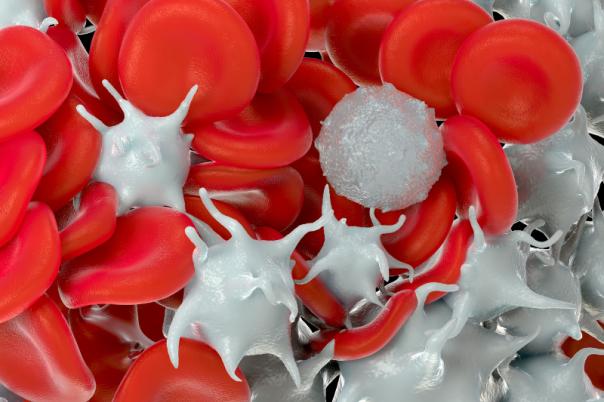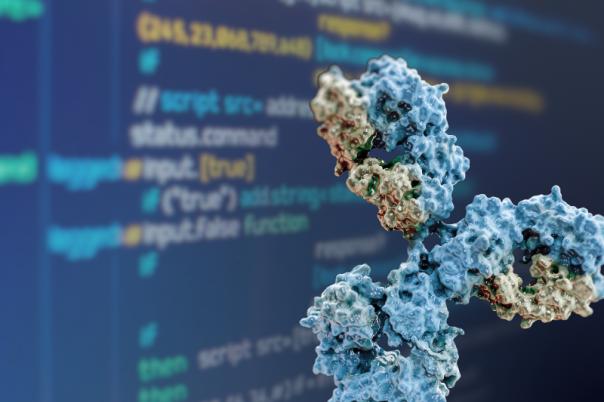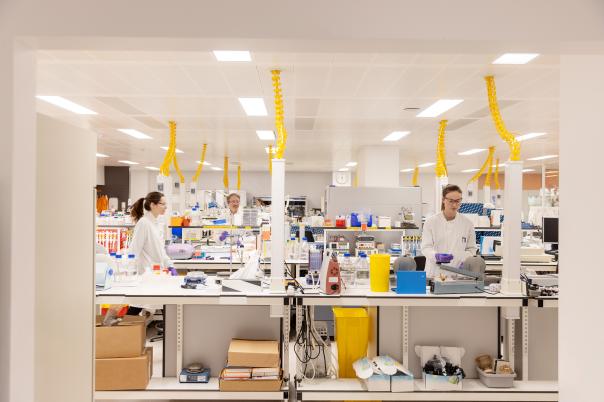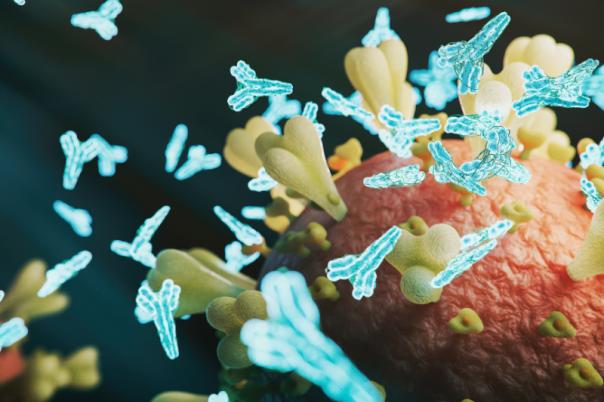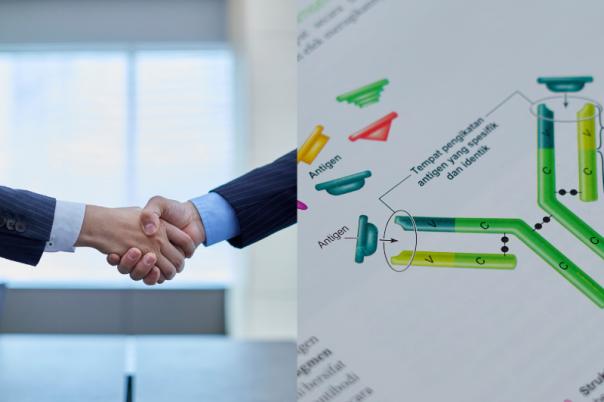Wei Wang, Professor of Chemistry & Biochemistry at the University of California, San Diego researches how genomics and antibody drug design can be used to target new potential drug targets. Machine learning and AI have assisted drug target identification processes but the lack of uncertainty estimation in most AI/ML methods presents a complexity for many researchers. Wang also explained that multi-task optimisation is complicated and that binding affinity and other developability features are optimised separately.
Wang introduced the RESP2 pipeline and three uncertainty-aware models to make predictions and screen against multiple targets which is particularly useful for viral targets like COVID-19. A Bayesian neural network model, an xGPR model, and a ByteNet-SNGP model are all uncertainty-aware models suggested to improve ADC design. These models combine deep learning with Gaussian processes. Wang explained that the ability of Gaussian processes to estimate uncertainty combined with deep learning’s flexible capabilities give these models potential.
Wang elaborated that these models predict binding affinity and optimise antibody sequences while estimating uncertainty, enabling more confident decision-making. The pipeline has also been tested on various targets, including SARS-CoV-2 variants and PDL-1, demonstrating improvements in binding affinity with minimal mutations.
The approach also includes in silico immunogenicity evaluation to ensure antibodies are human-like and suitable for therapeutic use. A model called SAM was developed to predict human-likeness, outperforming other state-of-the-art tools. The RESP2 pipeline prioritises computational efficiency and focuses on minimal mutations to retain desirable features of starting sequences.
Future work aims to improve large language models and embedding fusion for improved protein-protein interaction predictions. The pipeline represents a significant advancement in antibody engineering, offering a flexible, efficient, and uncertainty-aware framework for optimising antibodies with higher confidence in their developability and therapeutic potential.


